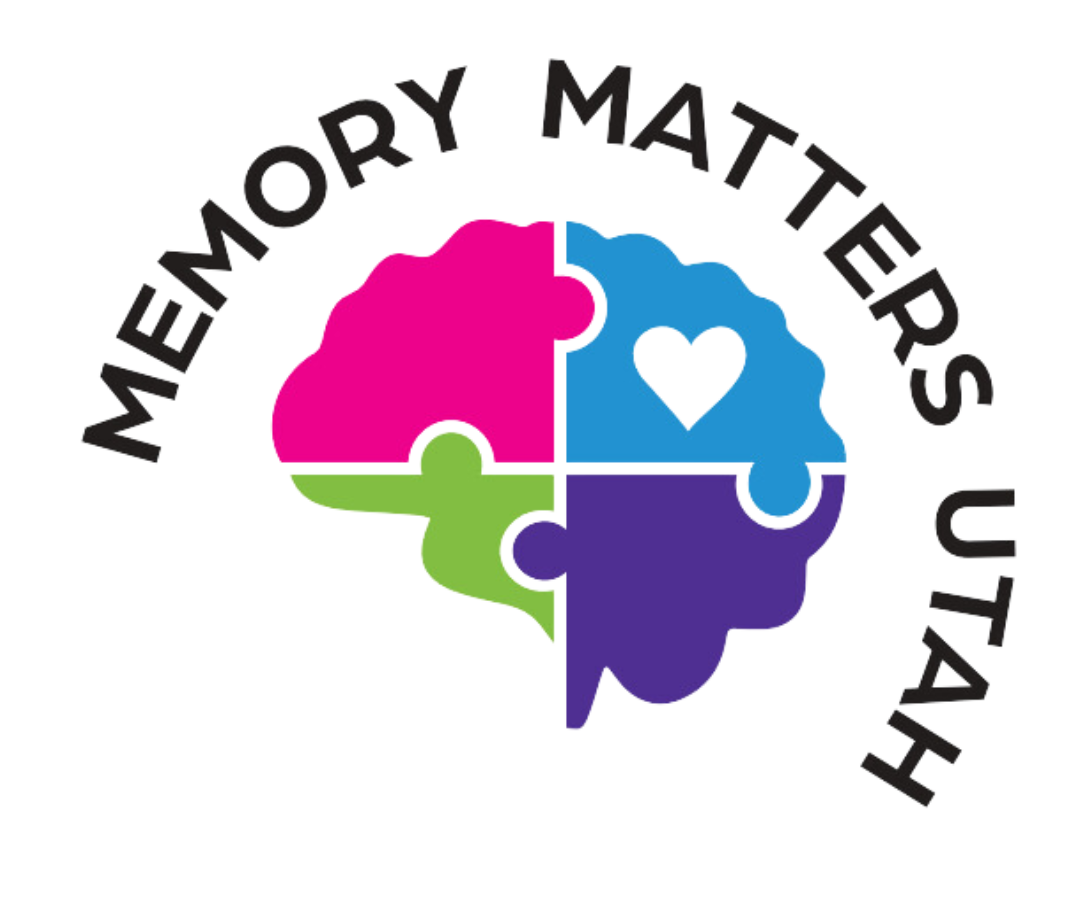Despite clear signs that their memory and thinking abilities have declined, more than half of seniors with these symptoms haven’t seen a doctor about them.
Screening seniors early on for memory loss and dementia is of utmost importance as it can help slow down the progression of memory decline and possibly even preserve or reverse some of the damage that has already been done.
Families can make plans for their loved ones’ care, get help with day-to-day tasks, and keep an eye out for future problems that can occur with the disease. In some instances, such interventions can greatly improve quality of life.
Half of Seniors With Signs of Memory Loss, Dementia Not Getting Tested
Yet despite clear-cut signs that their memory and reasoning abilities are on the decline, more than 50 percent of all seniors with these symptoms say that they haven’t even seen their family doctor about them. That’s according to the latest study conducted by the University of Michigan and published in Neurology, the medical journal of the American Academy of Neurology.
What exactly should you watch out for? Are there big red flags or could the signs be more subtle? Sometimes, it’s a mix of both.
Are you or a loved one forgetting people’s names more often? Can’t recall whether you finished a certain task like turning off the stove or a downstairs light? Are you forgetting birthdays and anniversaries, or repeating questions in conversations with your family, friends or neighbors? These are signs of cognitive impairment.
Researchers at the school say that their findings suggest that nearly 2 million Americans over the age of 70 with dementia are not evaluated for cognitive symptoms by their medical provider. In some patients, this can eventually lead to a failure to uncover those factors behind thinking or memory impairment that could be modified to slow the progression of the disease.
The University of Michigan study incorporated people with cognitive impairments ranging from mild to severe dementia, from all known causes. More than half with signs of cognitive had not received clinical testing.
Fear of Losing Independence a Concern Among Single Elderly People
Researchers also found that those experiencing more severe symptoms or were married did undergo evaluations. They speculate single, elderly people are worried about sharing their concerns with their doctor because it may affect their independence, while married people have a support person in place.
Other demographic factors did not impact whether or not people had cognitive testing, including race, socioeconomic status, number of children and whether children lived close to the parents. People often feel as they face the challenges of aging, they can rely on their children, and there is so much discussion around the responsibilities of children and elder care.
This study, though, found the number and proximity of children is no substitute for having a spouse as a caregiver when it comes to medical help for memory problems.
Clinical Testing Proven to Boost Health Outcomes
While the study doesn’t exactly explain why people with signs of dementia don’t get tested, there just may be other factors at play: Some are driven by the patients, some by physicians, and others by the very makeup of the health care system.
More than likely, patients and physicians don’t see any value in clinical cognitive exams. Yet, experts have proven that these exams boost health outcomes and lower costs. For example, just knowing that a stroke or other vascular problem in the brain – brought on by dementia – means that patients can try to control risk factors, like blood pressure, that might otherwise cause their medical issue to get worse. Other risk factors like alcohol consumption…
Of course, future research into dementia will conclusively determine why patients don’t ever get tested, and what parts of the diagnostic process have the most value to patients and caregivers alike. But in the meantime, the results of the study will have an effect on both primary care and specialty care settings.
Early Detection of Cognitive Impairment in Seniors Can Make a Difference
Just remember: The recognition of cognitive impairment in older people is crucial, so they and their family members should work with health care practitioners as they examine the reasons why dementia has happened in the first place. Free clinical testing is now available to all seniors in Medicare.
If you or someone you know is experiencing mental difficulties, don’t let it linger. Get tested and get help.

